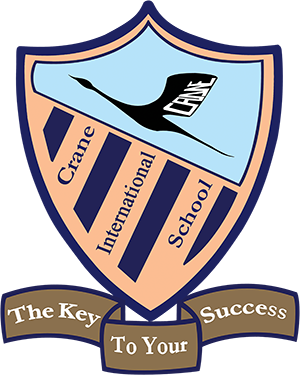Year 10/ Year 11








Key Stage 4
Cambridge IGCSE Options
All Year 10 and 11 students follow a two-year course leading to the International General Certificate of Secondary Education (IGCSE) with an extended curriculum of Cambridge University which allows students to study subject areas and topics introduced in Year 7, 8 and 9 in much greater depth, and it is a good preparation for students who are planning to enter GCSE A Level. IGCSE is a balanced curriculum tailored to international needs and designed to encourage high academic standards through a practical approach to teaching and learning. The programme leads to a certificate that is internationally recognized. It has been accepted as a preliminary requirement for entry into all UK universities, and is recognized by universities and colleges around the World.
In CISM, students will get the opportunity to choose their IGCSE subjects from a wide range of subjects to suit their interests.
The options include:
- First Language English
- English as a Second Language
- French as a Foreign Language
- Mathematics
- Additional Mathematics
- Business Studies
- Economics
- Accounting
- Physics
- Chemistry
- Biology
- Global Perspectives
- Information and Communication Technology
Cambridge Awards
In CISM, we prepare students to achieve Cambridge ICE Group Award that is more prestigious than standard IGCSE whilst our students will get better opportunity to choose their IGCSE subjects from a wide range of subjects to suit their interests. Thus, students are required to take seven to ten Cambridge IGCSE subjects, including two from Group1, one from each of Groups 2 to 5, and the seventh subject may be chosen from any of the syllabus groups.
- Group 1 Languages
- Group 2 Humanities & Social Sciences
- Group 3 Sciences
- Group 4 Mathematics
- Group 5 Professions & Creative
External Assessment
At the end of the two year course at CISM, students are assessed through standardized exams organized by the Cambridge Assessment International Education. All examinations are set in the United Kingdom and the answer scripts are sent there for marking. The structure and content of the syllabus are validated by the UK Qualifications and Curriculum Authority, ensuring a high quality education for our students. The progress of our students is carefully monitored throughout the course. They are taught to set their own targets and determine the actions necessary to achieve them.
Cambridge IGCSE examinations are administered annually at our centre.
Every subject within The IGCSE programme is assessed on an eight-point scale of grades from A* to G. Any student failing to reach a grade G is awarded a grade U (Unclassified). An A* is an exceptional grade, given to approximately the top 7 % of students within each subject.Cambridge IGCSE assessment takes place at the end of the course and can include written, oral, coursework and practical assessment. This broadens opportunities for students to demonstrate their learning, particularly when their first language is not English. In many subjects there is a choice between core and extended curricula, making Cambridge IGCSE suitable for a wide range of abilities.
In some subjects, there is a choice between Core and Extended curriculum papers, allowing teachers and students to decide on the most appropriate level of instruction and testing for the candidate. The Core curriculum in each subject is within the ability range of all students. It provides a full overview of the subject and is targeted at students expected to achieve between grades C and G. The Extended curriculum comprises the Core curriculum plus additional and more challenging material. This has been designed for the more academically able student, who is expected to achieve grades A* – C.
The majority of students at CISM take most subjects at the Extended level.
CISM High School Diploma, Credit System & Transcript
At the successful completion of 10 years schooling, CISM awards its students a High School Diploma in addition to a well-formulated transcript. This document includes the Years 8 to 11, the Credits they gained and their Grade Point Average (GPA).The number of credits needed to graduate is 24 over four years. This includes all of the required provincial compulsory and optional credits throughout their Years 8,9,10 and 11.Most compulsory Years 8,9,10 and 11 courses are prerequisites. This means that students who fail a compulsory course must repeat this course in summer school to remain on a four year graduation plan.
Key Stage 3 & 4 assessments are a test of a student’s knowledge of Core Learning Goals contained in certain course content areas. The tests will be given quarterly after the student completes a course containing the Core Learning Goals every 9 weeks of teaching and learning at CISM. Following these tests, Report Cards are given which accurately reflect the grades and progress of each individual student. Parents, students and teachers meet to discuss progress during regular Open Day Conferences, which are arranged at the end of each Semester.



